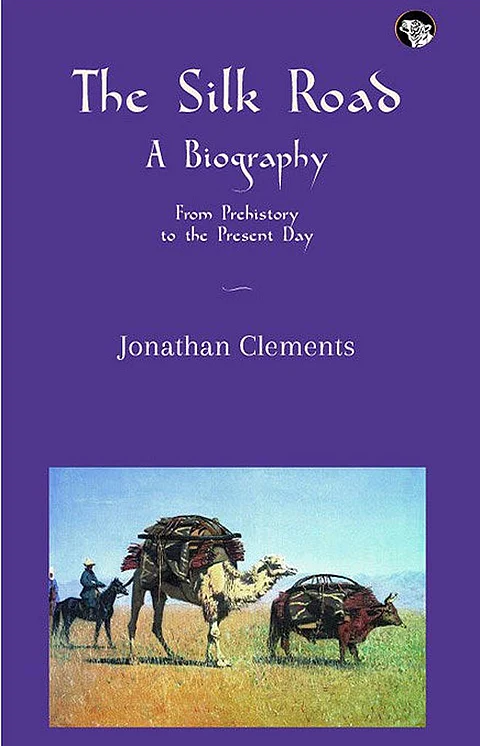
- Destinations
- Experiences
- Stay
- What's new
- Editor’s Picks
- Responsible Tourism
- CampaignsCampaigns
- Subscribe

The Silk Road was one of the world&rsquos earliest and richest trade routes that ran from England to China&mdasheven though most histori­ans hold that the road ended in continental Europe. For the Chinese the route ran west from X&rsquoian, the easternmost point of the road. This is marked by an installation featuring a caravan of camels in X&rsquoian. It&rsquos a road full of histories&mdashtragic, exotic and mysterious. The Route passed through the storied Taklamakan Desert where no plants grew be­cause the area had been polluted by the body of a murdered god, as the myth went. However, even in the starkness of the desert, there were desert regions where cultivation was possible because the land lay below the sea level and underground water would find its way near the surface.
Like most trade routes, money, politics and religion flourished, followed closely by art and culture. Clements tells a tale of struggles for power, with the Chinese striving to take con­trol of the fringe desert tribes. His story mentions Marco Polo, who was so busy describing the cold and the towns he encountered, that he quite forgot to record any details of Chinese cultural life like foot binding. The route was given it&rsquos name by a German, Ferdinand von Rich­thofen, the uncle of Snoopy&rsquos famous Red Baron, and caught the world&rsquos imagination with its romantic overtones.
Clements efficiently organises his biography according to the various regions that the road passed through and the dynas­ties that controlled them. Roman men mourned the influence of silk as ruinous to their women&rsquos morals, not to mention being ru­inously expensive. Rumour had it that silk came from the mouth of a woman somewhere in the barren wastes. Clements writes that paper was possibly the most important commodity traded on the route with its implications of changing the face of civilisa­tion, but it was overshadowed by the more flamboyant material that was silk. While the book features stories of emperors and concubines and anecdotes about the Luminous Jesus Sutra, as Christianity came to be known in China, or an old wives&rsquo tale about the gaze of sculpted idols being harmful which resulted in the destruction of many statues, his style is taut, covering the centuries economically and with humour. He deals with the poli­tics between the emperors and the tribes of the desert, much of it obscured by the fact that communications across such vast distances were so uncertain so that conveying messages was much like playing a game of Chinese whispers.
The second part of the book gives the non-armchair traveller valuable advice on what to carry for a journey down the Silk Road, when to go and what to see. Practical advice like ensuring that potable water is boiled, not to mention souvenirs like money for the dead. Some of this may be dated since the entrance fees are bound to change with time.
Clements also mentions the Chinese government&rsquos policy of encouraging domestic travel within the country during the Golden Week, a seven-day annual holiday&mdashhowever, he points out that to foreign tour­ists, much of what the Chinese consider appropriate entertain­ment may turn out to be blingy and garish and that certain regions like Kashgar are in great danger of losing their individual culture thanks to an overload of skyscrapers.
This, though useful for westerners who plan to travel down the Silk Road, rather takes away from the romance of the Silk Route by bringing it firmly down to earth. One would have expected a thick volume of tales of the Silk Road as the word &lsquobiography&rsquo suggests, and maybe a less mundane cover.
